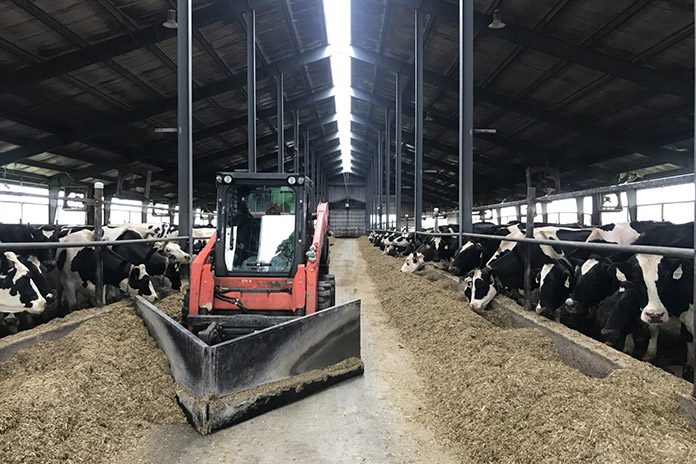
By Alex Baumhardt/Oregon Capital Chronicle
Oregon farmers hoping to operate industrial animal operations would need to meet stricter water use, manure management and location restrictions under rules being proposed by the state.
The Oregon Department of Agriculture is asking the public to weigh in on the new rules for confined animal feeding operations, or CAFOS, by July 22 before they are expected to be finalized later this summer. Environmentalists and residents in parts of the state concerned with pollution and the public health risks of large confined animal operations advocated for the increased regulations. Some farmers and industry groups, including the Northwest Chicken Council, the Oregon Cattlemen’s Association and the Oregon Dairy Farmers Association, have expressed concerns that the rules will make the work untenable.
One of the proposed rules would require CAFOs using 12,000 or more gallons of water per day to secure a water permit that details that water’s source. Previously, such operations have been allowed to use groundwater for animals without reporting use and without needing to secure water rights. Existing large animal operations would need to submit their water plans when they renew their CAFO permits.
There are nearly 500 CAFOs in Oregon. Most – more than 360 – are small and medium-sized operations, according to the Department of Agriculture. For dairy cows, a large operation begins when a farm has 700 or more confined cows. For broiler chickens, depending on the type of manure management system that’s used, it would be 30,000 to 125,000 or more chickens.
Under the new rules, the state would also require operations meet new standards for alerting neighbors before being built, and local governments would have greater power to regulate where operations can be located and what kinds of buffer zones might be needed. Large CAFOs would also need a new permit for spreading manure in groundwater areas deemed sensitive by the state Department of Environmental Quality.
The new rules were mandated under Senate Bill 85, which was signed into law in August 2023, and will be enforced by the Oregon Department of Agriculture.
The rules follow decades of nitrate contamination in a critical northeast Oregon groundwater aquifer due in part to high concentrations of animal manure; concerns over a now-shuddered 30,000 cow dairy farm in northeast Oregon, Lost Valley Farms, that faced nearly $200,000 in penalties from the state over manure management violations; and as a response to a growing concern around the Santiam River southeast of Salem, where several large confined chicken operations have been proposed in the last few years.
To submit a comment, email rulemaking@oda.oregon.gov with the subject line: SB 85 Rules by July 22 at 5 p.m.
This story first appeared in the Oregon Capital Chronicle.










